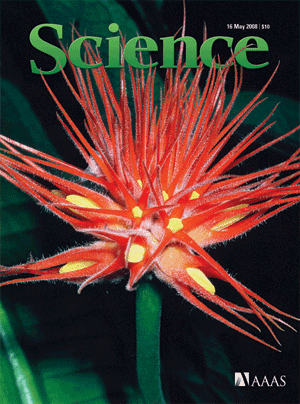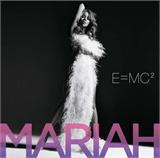Science Magazine, May 16, 2008 edition
"Science" is a peer-reviewed journal that publishes the best original research papers as well as reviews and analyses of current research and science policy.
The magazine was founded in 1880 with an investment of $10,000 from Edison. In 1894, it became the official publication of the largest scientific organization in the United States, the "American Association for the Advancement of Science" (AAAS). It is published weekly, with a total of 51 issues per year, and has a global circulation exceeding 1.5 million copies.
Most scientific journals charge readers fees related to reviewing, commenting, and publishing. However, publishing in the "Science" magazine is free. The funding sources of the magazine are divided into three parts: membership fees of AAAS; subscription fees for print and online versions; and advertising fees.
"Science" belongs to a comprehensive science magazine. Its science news reports, reviews, analysis, and book reviews are all authoritative popular science materials, and the magazine is also suitable for general readers. "Developing science, serving society" is the purpose of both AAAS and "Science" magazine.
Globally, the main competitor of "Science" magazine is the British "Nature" magazine based in London, which was founded in 1869 and has published a large number of articles by masters such as Darwin and Huxley. In the first four years of the 21st century, the two magazines competed fiercely to be the first to publish the map of human gene arrangement.
The editor-in-chief of "Science" magazine, Donald Kennedy, graduated from Harvard University with a doctorate degree. He is the eighth president of Stanford University and a renowned environmental science professor.




